Lists
















61 Books
Literature Dump
Sort by:
Recent Desc
moolah, moolah, fat stacks of paper.
Liked by
More lists by girlwhoshivers ☁️❄️☁️



Surreal Anime 🎱
this list contains an array of different anime. from horror, to surreal, psychological, disturbing, sci-fi, and obscure themes. also includes some underrated gems.
April 2022
73
@technoveins
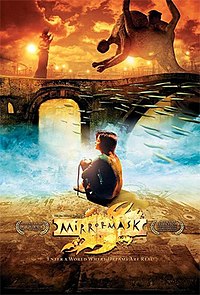

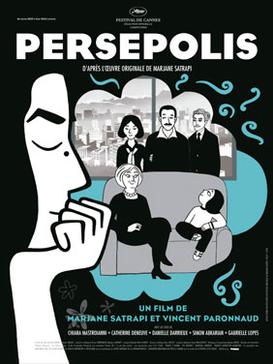
Odd Animated Gems
the surreal, avant-garde, abstract, stop motion, underrated classics, solid animation and pretty visuals, or just quintessential things to view
November 2022
19
@technoveins


(Odd)ocumentaries
Bizarre docs, mocks, conspiracy theories, true crime, worldly horror, disturbing, artsy, eye-opening, odd and intriguing.. etc!
January 2023
10
@technoveins
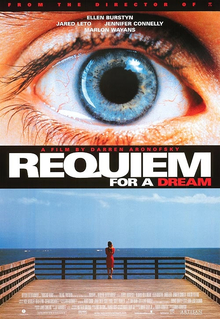
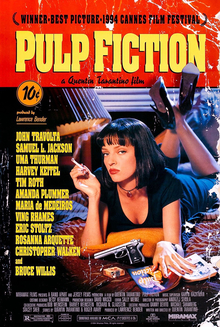

Judge's List
an old friends recommendations :)
January 2022
3
@technoveins

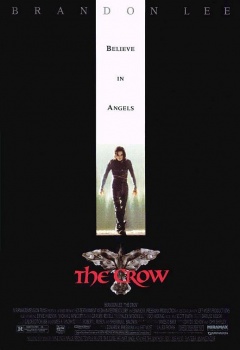

The Other Side of the Lens
from unexpected on-set accidents to personal tragedies befalling cast and crew members. movies with dark backstories: outside of the plot.
December 2023
0
@technoveins

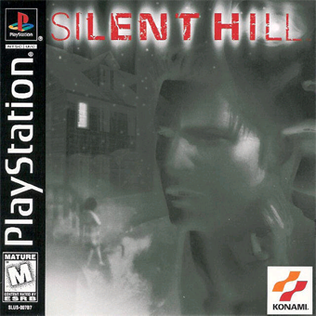

Horror Games
lots of classics and indie titles, late 90's games, ps2 & pc, n we even got some flash peppered in there before it leaves us this year.
November 2022
7
@technoveins


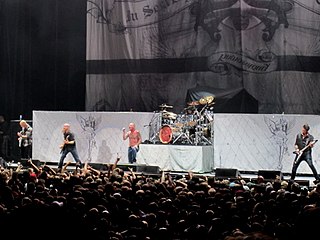
concerts i've been to
including most of the lame ones and minus death grips who broke up a week before I was meant to see them
October 2021
0
@technoveins



Tinfoil Hat Podcasts
List includes: odd tonic, Mysterious Universe, The Paracast -- The Gold Standard of Paranormal Radio
May 2020
0
@technoveins
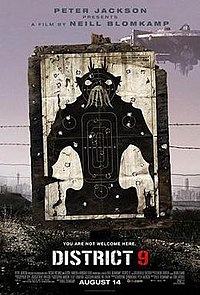
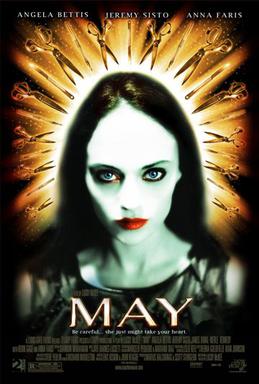

Classic Eye Meat
just a jumble of notable horror movies to watch
April 2020
4
@technoveins